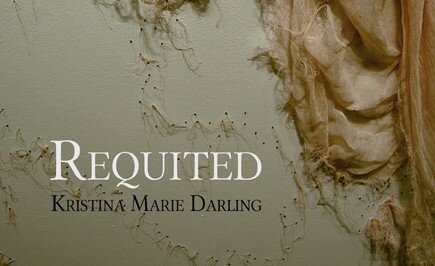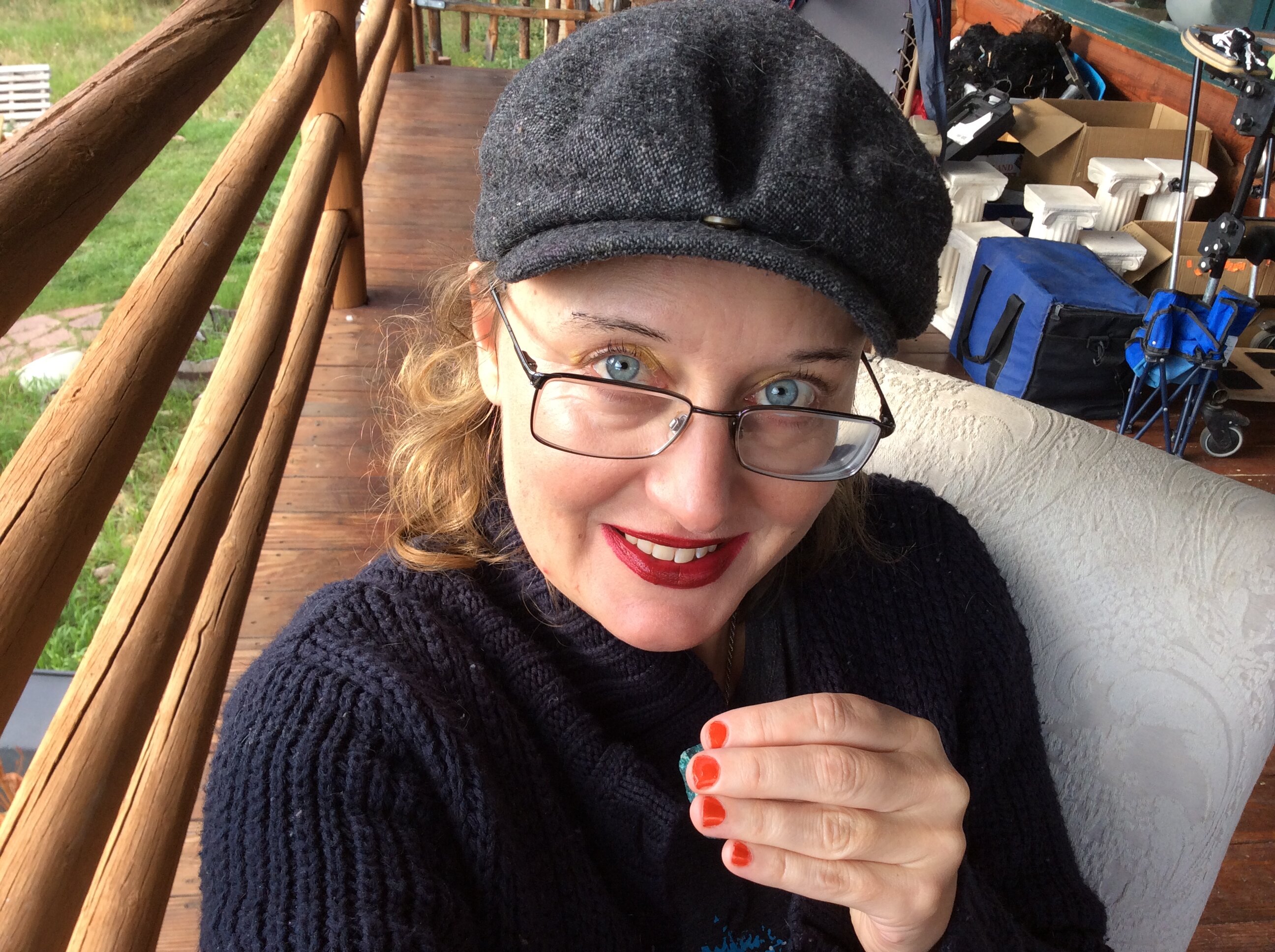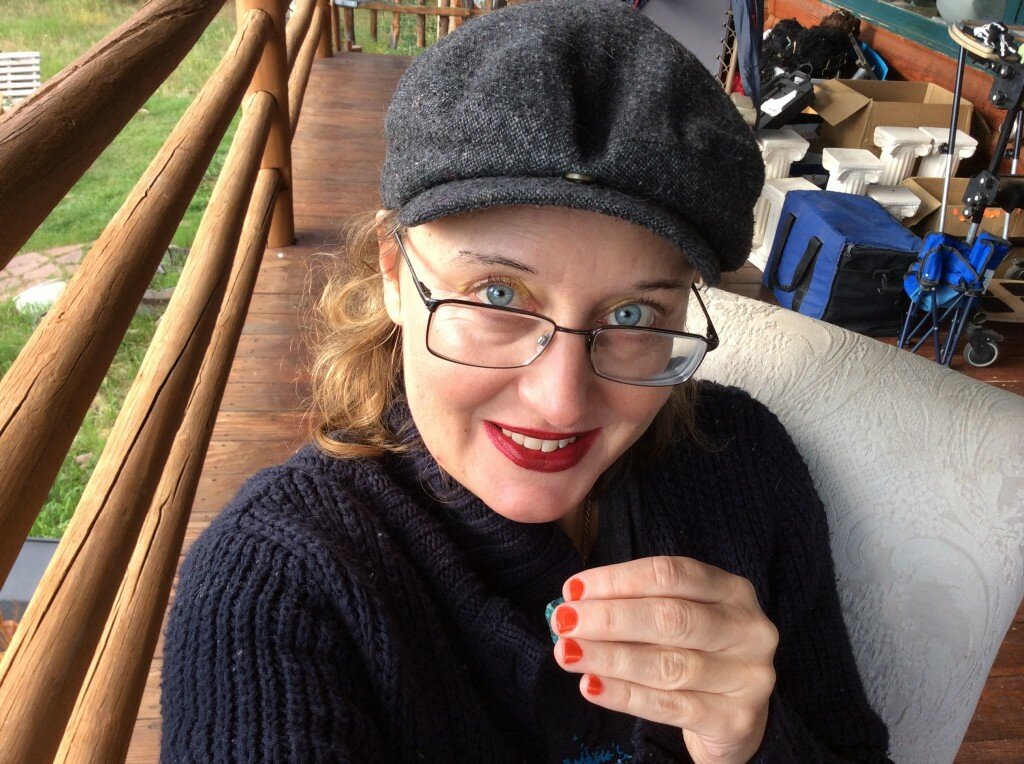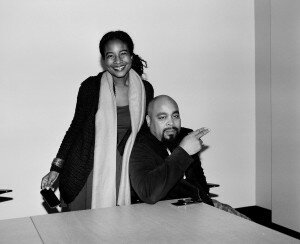I am an unrelenting bellow
In the dream I open the door. I watch her dandelion head. She is walking away. My arms catch her and I ask why. I ask where. She tells me she was going to ask where six four five street is. The numbers are a jumbled way of counting. She is too little to walk away and where is your brother. She can’t seem to tell me: he is hiding I pushed him out the boat he followed me here. I start by opening more doors to smaller spaces, using my hands, afraid of touching him if he isn’t alive. These places are impossibly small, closets packed with winter jackets. So we move into the park and I am yelling his name I am an unrelenting bellow. I say it like it’s the only word in the world. I am holding my daughter’s hand and I don’t understand why I am not picking her up why I am not carrying her. She is struggling to keep up and it’d be much faster and I realize this is how we’d walk if we had her brother. My other arm is free to bear weight. I feel the air as it tunnels into me, as trees grow inside of my lungs. Someone suggests I get a flashlight to check all the window wells as if he were a kitten. I don’t want to see his body and the wells are so complicated with clumps of decaying leaves. We look and he is not there. Try I ask my daughter. Try to remember. I tell myself to try to think, think like a toddler. I try not to be angry but inside my chest is yelling where is he. A fountain sparkles so we ask the kids playing there if they’ve seen him seen anything. Someone is wearing a necklace of teeth. I am swinging my flashlight into the water but it sees nothing. This is when the dogs begin barking downstairs. I wake up and my arm is slung over my son like a seatbelt. This is how he stays asleep this is how we feel safe.
Ascension
for Andrea
The girl with the hoop in her lip turns beneath the water.
She tumbles like a stone, current-caught. The trees
are lichen-heavy and her breath simmers out like a howl.
Unhooked fish, fingers made of driftwood— she strokes
this way, surfacing. At water’s edge, campfires
are like constellations; they rim and hollow. This is how
a fire breaks: like the stretching of a girl. Breaking water
like bread, a communion with the sun. She heats in the liquid,
drifts into glide. Her hands are doves. Her hands wing
and vanish into the horizon.
Exercises in Translation
The widow waits with the body. The funeral home has another service.
The dogs stand vigil. When the husband is gone, the dogs keep looking for him.
The widow must keep moving. Outside are the last of autumn’s yellow jackets.
She gets into the car. She drives with her son to make arrangements.
They are shown all the options. They pick the one with fire.
The widow opens her checkbook.
The director puts the daughter-in-law on speakerphone to discuss the obituary. They speak of semi-colons and clusters of names.
The widow singes her new black suit. She thinks her dead husband is teasing her. Said she shouldn’t wear black.
The widow touches everyone’s hand. Her rings are growing looser on her fingers.
After the service, the widow holds her granddaughter into her arms. Has one grown an inch and the other sunk into it?
The widow gives herself a reward for every packet of thank you notes she writes. She steps into the sun.
The widow must cancel all her joint accounts. Open new ones.
The widow erases her name. Writes it again.
___________________________________________________________________________
Molly Sutton Kiefer is the author of the hybrid essay Nestuary (Ricochet Editions, 2014) and the poetry chapbooks The Recent History of Middle Sand Lake (Astounding Beauty Ruffian Press, 2010) and City of Bears (dancing girl press, 2013). Her work has appeared in The Collagist, Tupelo Quarterly, Harpur Palate, Women’s Studies Quarterly, WomenArts Quarterly, Berkeley Poetry Review, Southampton Review, and Permafrost, among others. She is a founding editor of Tinderbox Poetry Journal, is a member of the Caldera Poetry Collective, reviews for PANK and The Rumpus, and runs Balancing the Tide: Motherhood and the Arts | An Interview Project. More can be found at mollysuttonkiefer.com






























